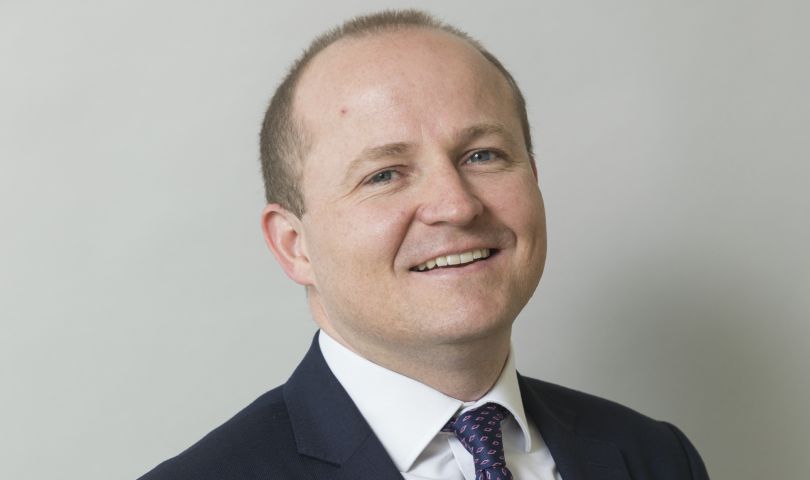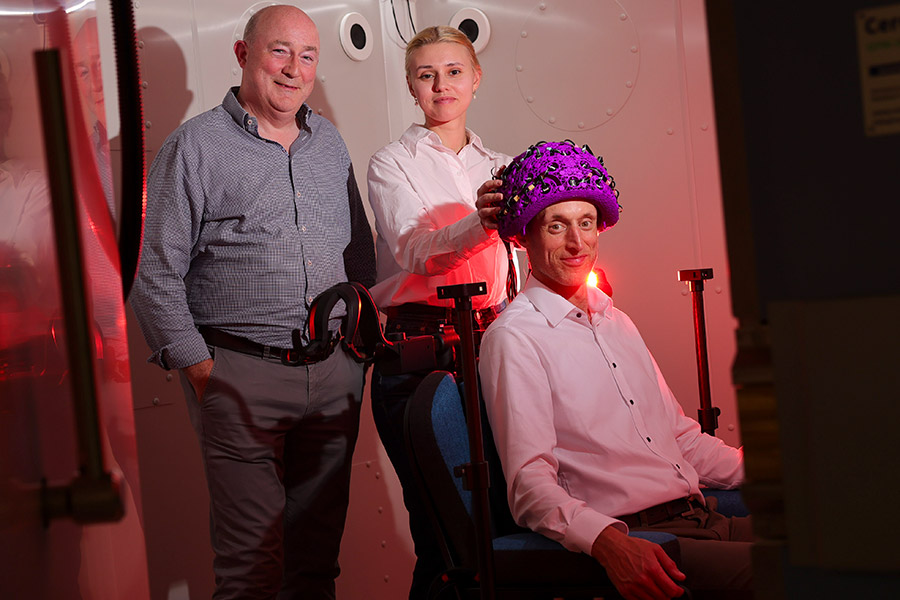Artificial Intelligence (AI) presents a substantial commercial and economic opportunity for Ireland, writes Brian McElligott (pictured) of Mason Hayes & Curran.
There has been a good deal of media attention on Ireland’s potential as an ‘AI Island’. How has Ireland gained its AI credentials? The time and efforts of agencies such as ICT Skillnet, IDA Ireland, Enterprise Ireland and Science Foundation Ireland has led to the creation of a burgeoning AI ecosystem, which in turn is beginning to churn out a number of successful Irish AI companies. These efforts are supported by many corporations in Ireland who have established centres on data analytics, cloud computing, big data and future internet.
The AI agenda is also being driven by a number of individuals, such as Prof. Barry O’Sullivan of UCC. He is president of the European Artificial Intelligence Association and a representative on the EU’s High Level Expert Group on Artificial Intelligence, which makes recommendations on policy development and on ethical, legal and societal issues related to AI.
AI Legal Framework
Irish AI-specific legislation is likely to derive from future EU ethical and legal developments. AI products and services already on the market are regulated by legislation such as the GDPR, product liability legislation, the Copyright and Related Rights Act 2000 and the European Union (Protection of Trade Secrets) Regulations 2018. But there is a lot more to come.
The EU wants to build an AI regulatory environment based on a set of fundamental values, complemented by a strong and balanced regulatory framework. Last year, the AI HLEG delivered its draft Ethics Guidelines for Trustworthy AI. These focus on human-centric and trustworthy AI, producing products that operate in a traceable and accountable manner, and are based on a principle of ethics by design.
The EU is now moving to a targeted piloting phase to ensure that the ethical guidelines for AI can be implemented in practice. The EU’s view is that the ethical dimension of AI is not a luxury feature or an add-on, but rather needs to be an integral part of AI development.
Critics will argue that this process is too slow and could lead to a widening of the existing gap between the advances being made in the EU compared with the US and China. It could also be argued that the long game being played by the EU is a canny approach, which could see it trump its US and Chinese competitors, particularly in a world of increasingly privacy-savvy consumers. In such a world, trust and not speed could be the ultimate driver of innovation.
Impact of Brexit
The instability brought about by Brexit casts Ireland in a very favourable light, as our status as the only other English-speaking common law jurisdiction in the EU does us no harm in the context of forging new business relationships. From a technology contracting perspective, our legal concepts are recognised and understood by most foreign investors, including US multinationals.
In addition to our 12.5% rate of corporation tax on trading profits, which applies to companies that actively exploit IP through Ireland, the Irish tax regime also offers a knowledge development box regime. This provides a tax rate of 6.25% for income generated from commercialising patents and copyrighted software which could prove very useful for AI rich companies.
Education Investment
Ireland’s first Masters in Artificial Intelligence was recently launched in response to a growing demand by industry for AI skills in Ireland. The programme runs in the University of Limerick and includes a fast-track introductory course developed in collaboration with the Irish Centre for High-End Computing. The design of the entire programme is led by ICT companies under the aegis of Technology Ireland ICT Skillnet and the University of Limerick.
Conclusion
It is likely that AI presents a substantial commercial and economic opportunity for the country. The Irish AI ecosystem is strong and growing from a collaboration, research, education and economic perspective. So far, all the signs are positive that we can live up to the projected growth rates and our growing reputation as the AI Island.
• Brian McElligott is a Partner in Mason Hayes & Curran’s Intellectual Property Law team
• Email: bmcelligott@MHC.ie
www.mhc.ie













